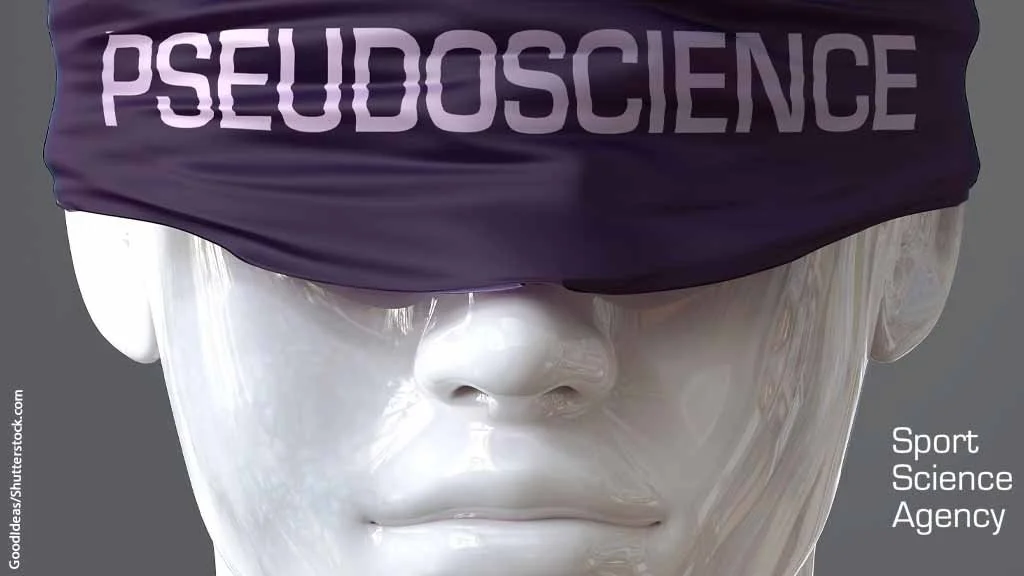“The modern health and wellness industry is characterised by an abundance of baseless or exaggerated claims and widespread pseudoscience”. This is one of the key messages from a recent article published in the very well-respected scientific journal Sports Medicine. Much of the frustration is pointed towards the rise of social media, which allows messaging to go unchecked and the power of influencers and celebrities to spread mis and disinformation due to poor scientific understanding.
Health and wellness is a multi £bn industry. It is made up of health club/gym memberships, exercise classes, diets, supplements, alternative therapies as well as almost countless products and services that claim to improve health and or performance. The issues linked to pseudoscience stem from the pace of the industry, which has meant that many product claims go unchecked as regulation flounders to keep up. Additionally, the relatively recent boom in influencer marketing has allowed many unqualified voices to push products and services that they don't understand and may or may not actually work.
But what is the harm if products or services don't really do much? As long as they don't hurt anyone then why not try the latest fad diet, fat-burning supplement or running super shoe? Well, according to Tiller et al, “By detracting from effective interventions, pseudoscience may be impacting the ability of practitioners to be successful in their roles. By perpetuating the illusion that health can be obtained without investing time or effort, it nullifies opportunities to engage with safe and reliable treatments, thereby increasing the likelihood of harm”.
For many marketing agencies tasked with the promotion of new health and exercise programmes or products, the attraction is obvious. Firstly, the overwhelming evidence shows that physical activity is beneficial to individual and population-wide health, so the promotion of anything that fits within the industry feels like a good thing to be involved with. Secondly, they are rightly trying to enhance their own businesses by bringing in new clients. Issues often arise however, because the brand managers and agencies don't have the expertise to understand and evaluate the claims and studies that many products have based their benefits upon.
Take the example of the Nike ZoomX Vaporfly 4%. Nike’s research supports the 4% claim that using the shoe reduced the oxygen consumption of athletes by 4%. Put alongside the mantra of marginal gains which in itself is often misunderstood, a 4% change in any way seems huge. However, a 4% reduction in oxygen consumption to achieve the same outcome, doesn’t translate into a 4% performance increase. Nike, to be fair to them, never claimed it did. They just allowed the 4% figure to circulate and relied on its misinterpretation to achieve their goals.
In reality, evidence is now emerging that the shoes offer closer to a 1-2% performance advantage (vs the previous generation of running shoes). For those at the top level of elite sport, this can be significant. For those with a more recreational focus, 1% is well within the margin of error and therefore may not offer much benefit at all. The point here is, that buying the shoes is seen as a quick fix when an effective training programme would be far more beneficial.
This leads us to an example often sighted by staff in the SSA office of a novice triathlete. He had spent close to £400 on a wetsuit, yet in three attempts had failed to complete the swim part of the race. The promotion of equipment often offers a quick fix and plays on weaknesses in decision-making amongst consumers. If that novice has spent half the amount on the suit and the other half on swimming lessons the performance advantage would likely have been significantly improved.
This view gives a clear role for brands that want to exist credibly in the health and performance space. By offering genuine support alongside their products and services they can be seen as a well-rounded and holistic partner in their consumer’s health or performance journeys.
For brands that want to present a science-based story, ensuring it is grounded in credible research is essential. Sport Science Agency has the expertise and resource to provide brands with widely researched and well-referenced reports or original studies to help them do exactly that. Its team can then develop messaging strategies to ensure that product or support claims are supported with evidence and ensure they don’t stray into areas of questionable validity, which can undermine legitimate messaging and ultimately derail a marketing campaign.
Another area where scientific credibility has become increasingly important is when interacting with athletes and performance teams. The growth of training kit/training sponsorships has given rise to increased desire amongst those partners to highlight how athletes prepare, perform and recover. Brands are often trying to weave their own messages into this content which in many instances don’t sit comfortably with members of the performance team. When they are asked to go in front of a camera to support a partner, without the correct performance understanding, they feel their credibility can be at stake creating tension between the commercial and performance departments.
Sport Science Agency has worked with a host of brands and rights holders to negotiate this tricky area. The incessant pace of elite sport means athletes and members of performance teams often have little time for anything outside of their main focus. So, when their availability opens up, the last thing a brand partner should do is waste time with ill informed messaging that they will push back on when it could have been used for content capture.
The expertise, experience and often relationships with performance professionals mean that SSA makes this process simple. It provides well-researched factoids and scripting that enables performance stories to be told whilst weaving in brand messaging. This is done without asking anyone to compromise their scientific credibility, keeping all parties happy. Initially, it may seem like an extra cog in the process, but involving SSA, leads to greater content in terms of volume, credibility and impact as well as maintaining a favourable relationship with the talent in front of the camera.
The expansion of the health and wellness industry has led to more and more products and services promising results based on pseudoscience. For reputable brands, this presents a problem. They need to work hard to ensure cut-through with genuine messages based on well-researched and credible science that will support their customers. Often the expertise to do this is lacking within modern marketing agencies. This is where SSA can help. Working with retained agencies to plug an expertise gap, research, strategy, messaging and content can be developed to stand out from the crowd. The temptation is always to just buy a wetsuit, but if you want to finish the race, invest in expertise and the results will be well worth the effort…
Sport Science Agency uses its insight and expertise to tell performance stories and unlocks their value for brands, broadcasters and rights holders. To see some of our work click here If you want to know more about what we can do for you, drop us a note via info@sportscienceagency.com and we can arrange to go for a healthy vitamin packed drink.


